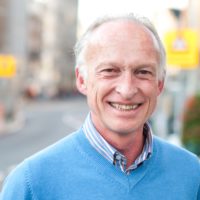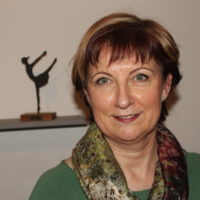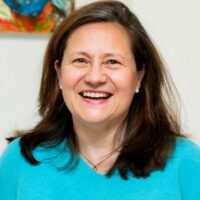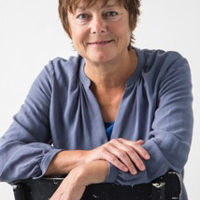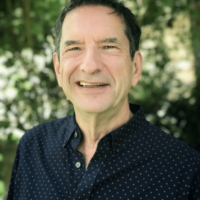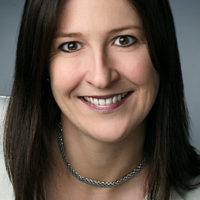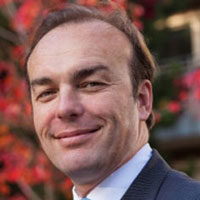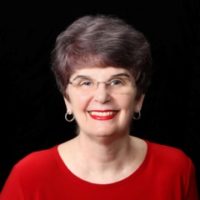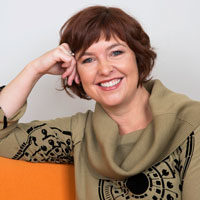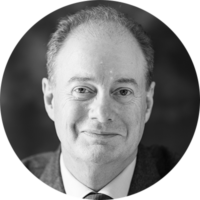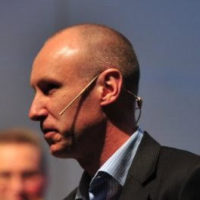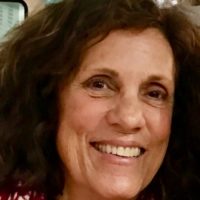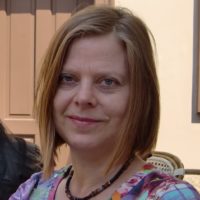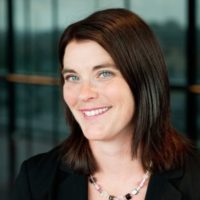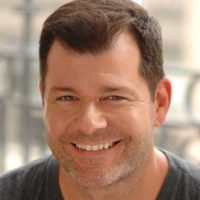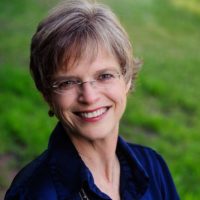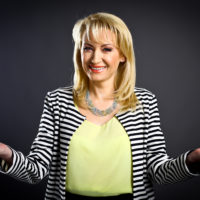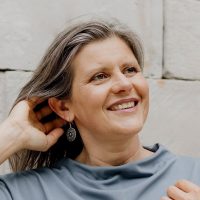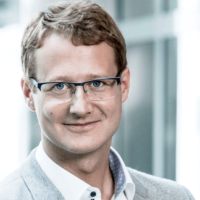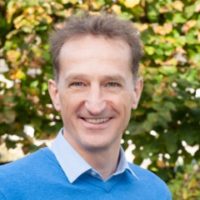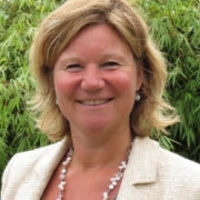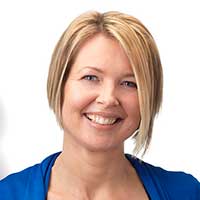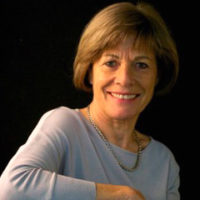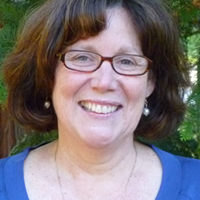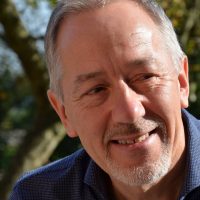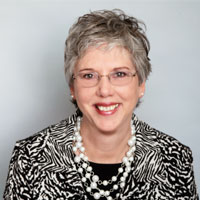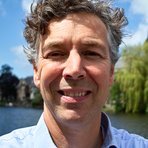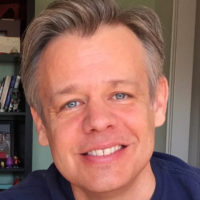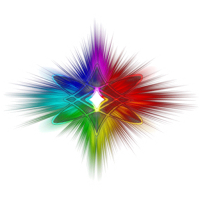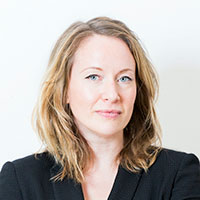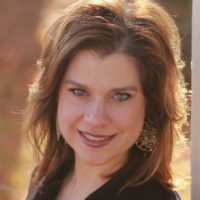Listen to Alan read “The Lives We Inhabit”
As so often happens in my life, timing is everything—synchronicities abound. And so it was a few weeks ago when I started reading John O’Donohue’s book Four Elements: Reflections on Nature. John O’Donohue was an extraordinary Irish poet and philosopher for our time, rooted in the ancient wisdom of the Celtic tradition. Four Elements is a collection of essays on the nature of life that were published two years after his sudden death in 2008 at the age of 52. I didn’t realize when I began reading the opening essays of the book that they were going to speak so directly to my current quest for deeper understanding about Life and my place in it.
So first, a little back story. I’ve “met” some incredible people in the last few months—a few in person, but more often through news stories or books or lectures or documentaries—people whose lives and experiences seem extraordinary to me. Part of what makes them feel so extraordinary is the way in which their lived experiences feel so different than mine. Experiences, some of which, I can’t even imagine, much less imagine living through. Yet these same people have found meaning and purpose in their lives, and sometimes created or accomplished incredible things. Many of them seem to have found a unique or liberating or even transformative way of looking at their lives and experiences and at the world. And some of them seem to have an extraordinary capacity for compassion and embracing the human spirit. I wanted to know more. How did they get to where they are in their lives now?
Hearing or reading their stories brought me face-to-face with how much I don’t know about other people’s life experiences. And how very different many people’s lives are from each other, and from my own. I say that from a place of awe, respect, wonder, and humility as I realize how little I know about what so many people’s lives are actually like—what their realities are. And I confess that, without even thinking about it, my imagination often creates stories about who they are and what their life is like. Stories that may have nothing to do with their actual reality. Maybe you can relate.

And then I start reading John O’Donohue’s Four Elements, and within the first 20 pages, he’s writing about how different we are from one another! And some of what he is writing is giving me new or deeper insights and perspectives. As you read further, the italicized block quote portions of text are directly from his book; the non-italic portions are my reflections, at least in this moment, on his teachings.
From Four Elements: Reflections on Nature by John O’Donohue:
It is ontologically and spiritually true that each person is privileged and burdened with the gift of uniqueness. There is no escape from this. No one else sees your life in the way that you do. No one else feels your life in the way that you do. Neither can any other stand on the same ground as you; destiny has decreed this. You are the unique inhabitant of your own reality and of your own life.
The same can be said for every person we meet, every life we encounter. Some of their experiences could have been uniquely similar to some of my own, yet big parts of their life may have also been uniquely different. I can’t see their life exactly as they do, hard as I might try. Nor can I feel their life exactly as they do. And even though we may stand on the same common ground, it can feel like we have lived in completely different universes. Just as I am the unique inhabitant of my own reality and life, they are the unique inhabitant of theirs. It’s not like I didn’t understand this before, yet somehow this reality is landing deeper inside me now. And I find myself standing with greater awe and humility in the presence of others.
There is a crowd within each person. If you listen to your self, you realize the density and complexity that actually inhabits you.
I am quite familiar with the density and complexity that inhabits me—sometimes more than I would like! Yet it’s John O’Donohue’s use of the word “inhabit” that gets my attention. Sometimes I feel like the density and complexity not only inhabits me; I also inhabit it. And that feels like an incredibly important distinction. Recognizing that density and complexity within me and being willing to explore it with compassion and without judgment has been a life-long journey. I keep discovering more layers—more parts of myself that are asking for acknowledgment and open communication. And I have no doubt that the same is true for others.
However, while I am committed to exploring that density and complexity within me, and to delving into its many nooks and crannies, I get into trouble when I start to settle in and live there—when I start to inhabit those spaces. Because I can easily get stuck there.
It seems that these people whose lives are so extraordinary to me have learned something about this. At some point, maybe consciously, maybe unconsciously, they chose not to inhabit their challenges and difficulties, and instead to meet them full-on, to look them in the eye. Not to live in them, but to walk with them and work through them, yet not allow themselves to get lost in them. The density and complexity within us—everything we have ever felt and experienced—is part of who we are, part of the fabric of our lives, yet it does not wholly define us.
Each soul is a different shape. Each one of us contains a different world. All that happens to us remains somehow alive inside us. We do not lose anything. What we have done to ourselves, we also carry. Our memories are different from the memories of all other selves. There is this relentless originality in each person. The place where an event or experience falls is a different place in each consciousness. Because we live in time each of us gathers in a different way toward a new experience. We move differently toward the new light of the next moment. Each one of us is completely different.
We each have a different world of experience and reality living inside of us, and we meet the world around us from that unique inner world. And so, we each experience the events and circumstances of our lives in different ways. Those events land inside of each of us differently. Therefore, we each gather ourselves—we each pull the many parts of ourselves together—in a unique way as we move toward, or as we back away, from each next moment of our lives.
The real difference between people has little do with where one is or the interests that one has, or the so-called class to which one belongs. The real difference consists in the different species of perception that is active in an individual. Nothing brings you as close to someone as your perception. Nothing distances you more from someone than your perception. The eye is the mother of distance. When you open your eye you see the distance and space between you and every other object and person.
Perception is everything. We cannot fully perceive and understand what is completely outside our own life context or experience. And when we sense such a big gap between our lived experience and someone else’s, we often don’t know what to do with that. So, our survival mind jumps in to try to make sense of what we are experiencing. And because the survival mind’s primary job is to make sure we are safe—at least in its perception—it tends to quickly shift into “protection” mode. Which means our first reaction is often to back away. We back away because we feel uncomfortable or even threatened. Yet reading John O’Donohue’s words, now I wonder what if we’re not threatened so much by the other person as we are threatened by our own limited perception?
If we stay present just a little longer, and breathe deep into the common ground underneath us, and be gentle with the space in between us, our eyes and our hearts and our perception start to soften. And soon, we just might find ourselves standing in awe of the other person’s lived experience—in awe of the path their life has taken—in awe of the extraordinariness of their being.
So, I’m practicing interpreting less and staying present longer with what is in front of me without judgement. I’m finding tenderness and vulnerability and compassion and connection with people and situations that I hadn’t seen or felt at first glance. I’m in awe as I marvel at the extraordinariness of some of the people around me. It doesn’t happen with everyone, and with some people, I may never get there. Yet something inside me is opening to the possibility—no, the reality—that there are more extraordinary people living what appear to be ordinary lives than I ever imagined.
Resources:
- Read Alan’s weekly posts on his Substack
- FREE Live 20-minute Meditations with Alan on Zoom—6 Mondays, October 28th – December 2nd
- Alan leads a half-hour contemplative worship service, “Touching the Sacred Within” at First Religious Society, Unitarian Universalist, in Newburyport, Massachusetts at 8 am the first Sunday of the month. All are welcome.
- Alan’s Books
- Coaching and Mentoring with Alan
- Invite Alan to Speak
- Meditations for Changing Times
- Upcoming Programs in Transformational Presence

